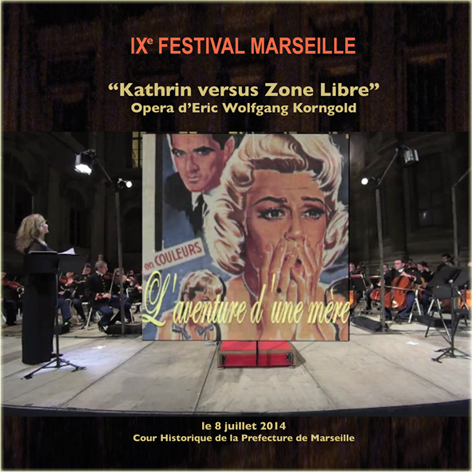|
\
|
 The Festival of Forbidden Music
“Entartete Musik” –
Degenerate music: the term used by the leading cultural representatives
of the Nazi Regime in order to put the most important composers of the
early 20th century from 1933 onwards on the index of forbidden art.
These composers disappeared through deportation or exiled anonymously
and could not recapture their essential role in the modern world of
music to the present day. “Nobody”: term used by the Stalinist
dictatorship in the postwar-period to emphasize the lacking identity of
Eastern Europe composers, who have survived the cultural genocide of the
Nazi Regime. Since 2014, the Festival of Forbidden Music is in charge of
the rehabilitation of musical masterpieces, which were prohibited during
the Nazi and Stalinist regime. The research of new and disappeared
repertoires reinforced the cultural significance of this project along
with the pedagogic and social mission. |
|
